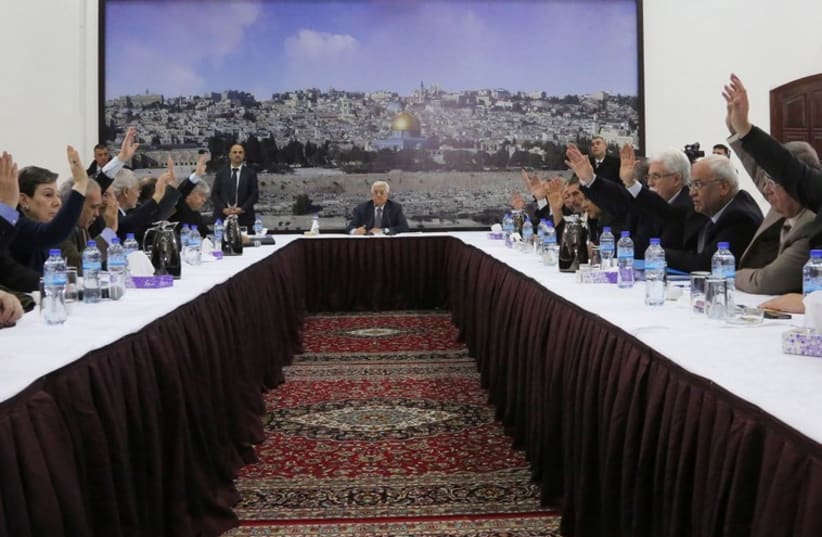Palestinian Authority President making laws by decree, highlighting problems
News of the law sparked protests in April in the West Bank city of Ramallah, the political and financial capital of the West Bank, with one demonstration attracting almost 10,000 people.
